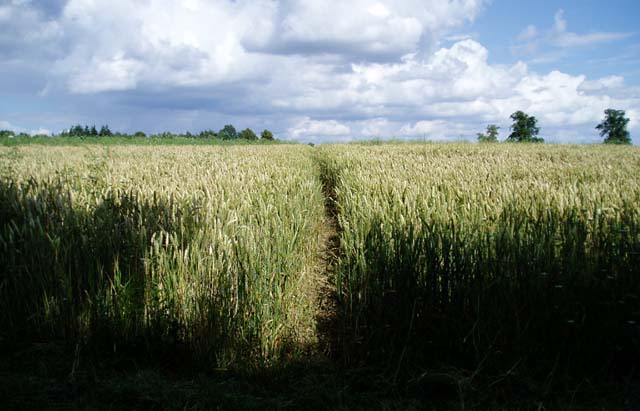
With less than a month to go until the AHDB Crop Research Conference, there are still places left at this essential event for anyone involved with the science behind crop protection.
With three sessions chaired by leading scientists, delegates will get an early look at the next generation of crop protection methods and have the chance to shape future research priorities.
Entitled ‘Knowing your enemy – the future of crop protection’, the landmark conference features some of the latest research on insect pests, weeds and crop diseases. The event will build on AHDB’s longstanding commitment to applied research and link it to the government’s new Agri-Tech Strategy.
Two major issues prompted AHDB to host this event; pesticide resistance and product restrictions due to environmental concerns. Dr Susannah Bolton, Head of Research and Knowledge Transfer at HGCA, AHDB’s cereals and oilseed division, is excited that recent scientific advances will provide ways to overcome these challenges.
“The conference has three sessions, each taking a slightly different approach to understanding pests, weeds and diseases. Also, there are twenty-four posters from postgraduate scientists who will be instrumental in delivering top-class crop protection research in the years ahead,” she said.
The first session, Advances in Genomics, looks at making the most of technical advances that allow faster gene sequencing. This includes working with plants’ innate defence systems, as well as rapid ‘diagnostics’ to identify and control crop diseases before they cause serious damage.
“Our ability to use genomes of pests and pathogens to indicate potential novel routes for control is expanding rapidly and will play an increasingly important role in practical crop production”, explained Professor Peter Gregory of East Malling Research, who chairs this session.
Session two, Population and Evolutionary Biology, addresses the development of resistance to the agrochemicals that the world relies on to produce its food. Speakers will discuss how different types of resistance can be managed, including using computer models to give early warnings and non-chemical control through more refined variety selection.
“The development of resistance to fungicides and herbicides in pathogen and weed populations is a significant challenge to the UK agricultural industry. I'm looking forward to hearing new ideas, insights and approaches in this session,” said Dr Rosie Bryson, Fungicide Team Leader at BASF, who will chair session two.
Lessons from Ecology, the final session of the conference, looks at how crop protection can take an integrated pest management approach by taking advantage of ‘beneficial’ organisms present in the air and soil. The session concludes with a presentation from Professor Allan Downie, who is leading the UK’s response to ash die-back: his presentation will highlight lessons for agriculture from the rapid emergence of this disease.
